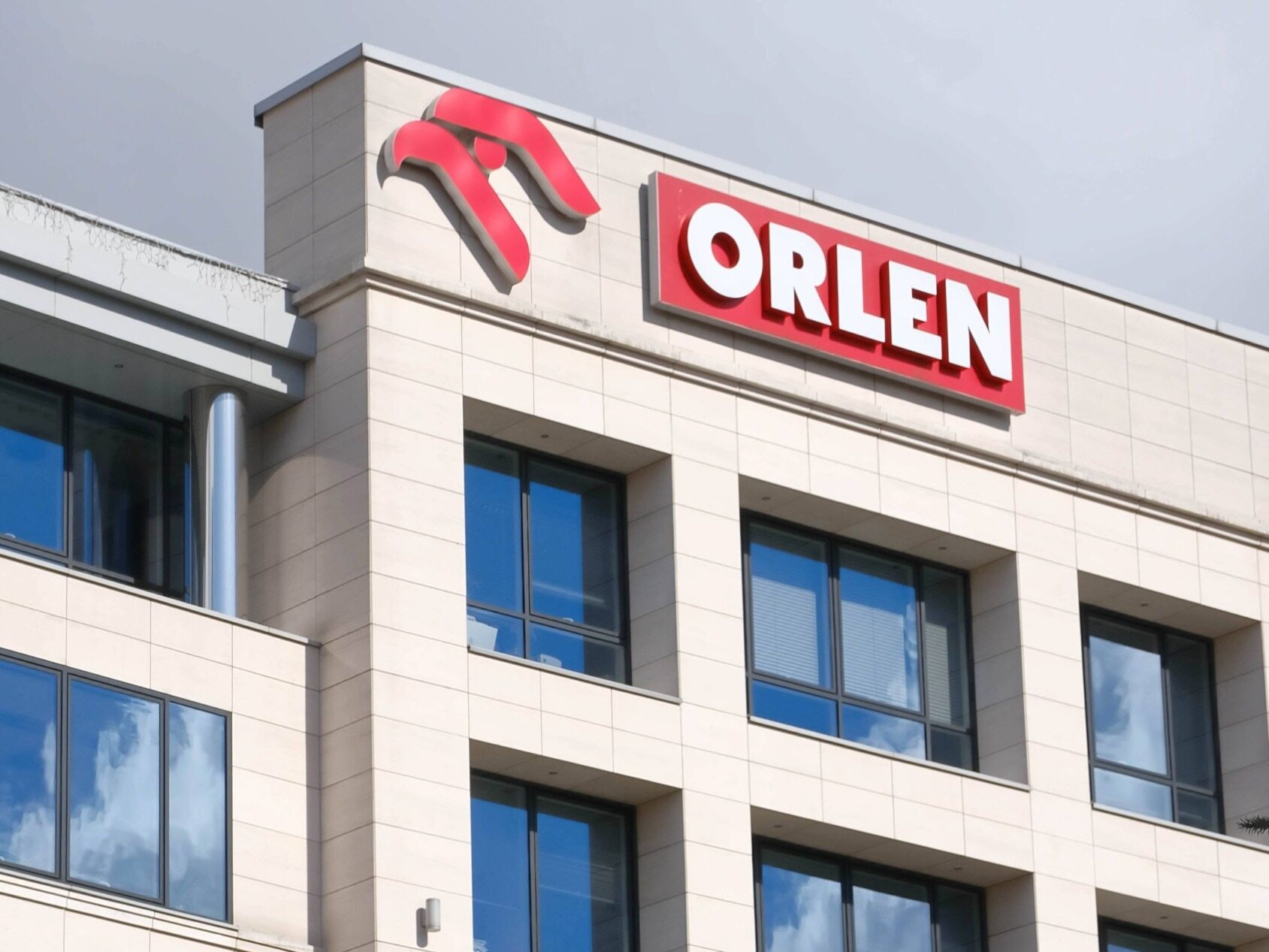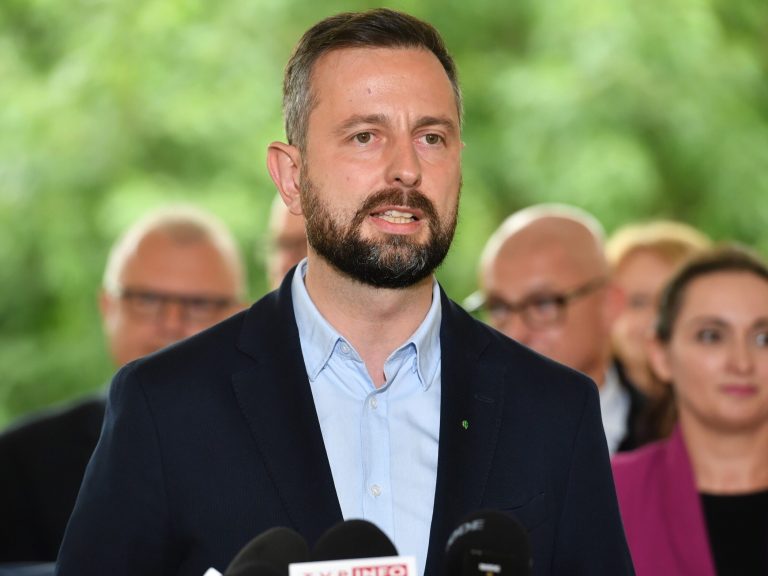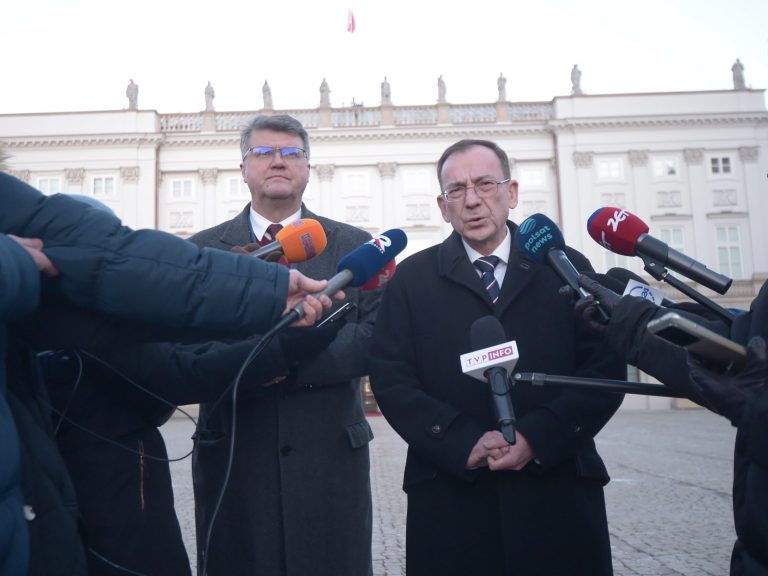The Supreme Audit Office (NIK) audit in Orlen is ongoing. Documents about the merger with Lotos under the microscope

The Supreme Audit Office returned control to Orlen. The authority's spokesman confirmed the reports about the planned activities in an interview with PAP. They are to focus on the documentation related to the merger with Lotos.
Radio ZET was the first to report the planned visit of the Supreme Audit Office auditors to Orlen. In an interview with PAP, these reports were confirmed by the body's spokesman. He also said that on Thursday, April 18, they were allowed into the company's office.
NIK auditors returned to Orlen
This was not obvious because the former president of the company, Daniel Obajtek, did not consent to the inspectors' access to the rooms where important documents were stored. However, according to the findings of the radio station journalist, this time employees will be able to read the complete documentation. They are primarily interested in prints devoted to the merger of Orlen and Lotos.
The President of the Supreme Audit Office, Marian Banaś, emphasized that despite the lack of access to key documents, the auditors had previously managed to determine that “the sale of part of Lotos was actually at least PLN 5 billion cheaper than estimated.” The assessment was based on forms from the Ministry of State Assets and led to the prosecutor's office being notified of a suspicion of committing a crime.
Marian Banaś on suspicions towards the concern
The authority also has doubts about the rules of conducting tenders. The President of the Supreme Audit Office announced that the suspicions concern, among others, setting some of them. – We want to check it thoroughly. Who were these subsidies given to, where did they go and was it legal – he explained in Magdalena Rigamonti's podcast.
Radio ZET found that the Supreme Audit Office will soon also take a closer look at Orlen Trading Switzerland. The inspection will be related to the loss declared by the concern in the amount of PLN 1.3 billion. The Swiss company used it as an advance payment for the purchase of oil, which it will probably not receive. The station reported that the inspectors were also to appear at the Gdańsk Refinery in a few days.






